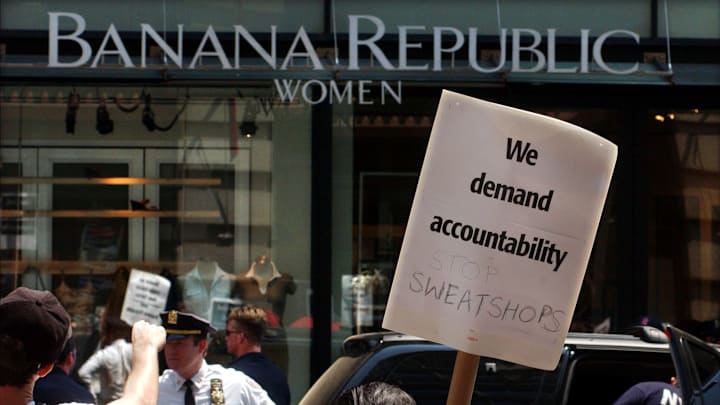The Rise of Slow Fashion: A Shift Towards Sustainability

In recent years, the fashion industry has undergone a significant transformation with the rise of slow fashion, a movement that prioritizes sustainability, ethical production, and quality over the fast-paced, trend-driven nature of traditional fashion. Unlike fast fashion, which encourages the frequent purchase of inexpensive, mass-produced items, slow fashion advocates for a more thoughtful approach to clothing consumption. This movement urges consumers to invest in timeless, durable pieces that are designed to last, reducing the environmental impact of their wardrobes.
The slow fashion movement is a response to the environmental and social issues associated with fast fashion. The rapid production cycles, use of synthetic materials, and disregard for fair labor practices in fast fashion have led to widespread pollution, waste, and exploitation. In contrast, slow fashion emphasizes the use of sustainable materials such as organic cotton, recycled fabrics, and eco-friendly dyes. Additionally, it promotes ethical production methods that ensure fair wages, safe working conditions, and minimal environmental impact.
Brands embracing slow fashion are increasingly transparent about their production processes, sourcing of materials, and the labor involved in creating their garments. This transparency fosters a deeper connection between consumers and the clothing they wear, encouraging a sense of responsibility and awareness. Moreover, slow fashion supports the concept of a "capsule wardrobe," where a few high-quality, versatile pieces can be mixed and matched to create numerous outfits, further reducing the need for constant purchasing.
The rise of slow fashion has also influenced the retail landscape. Consumers are becoming more discerning, favoring brands that align with their values of sustainability and ethical production. This shift in consumer behavior has pushed many established fashion brands to reconsider their practices and adopt more sustainable approaches. Additionally, the movement has given rise to new brands that focus exclusively on sustainable and ethical fashion, providing consumers with more options than ever before.
As the slow fashion movement continues to gain traction, it challenges the fashion industry to rethink its priorities. By choosing quality over quantity and embracing sustainable practices, consumers can make a positive impact on the environment and contribute to the creation of a more ethical and responsible fashion industry.